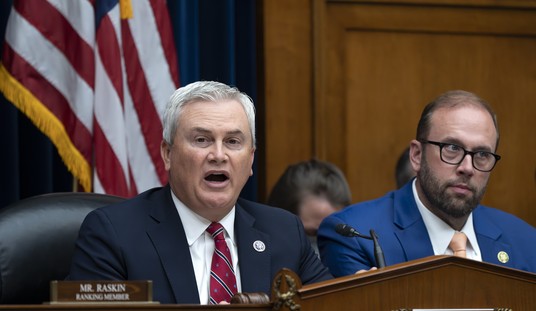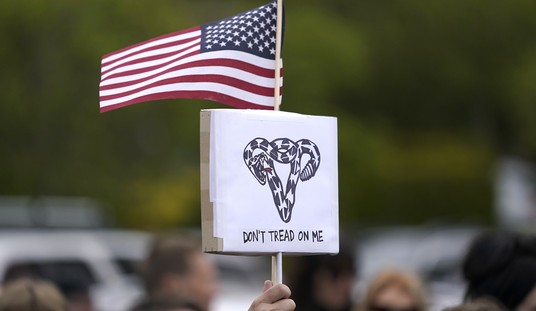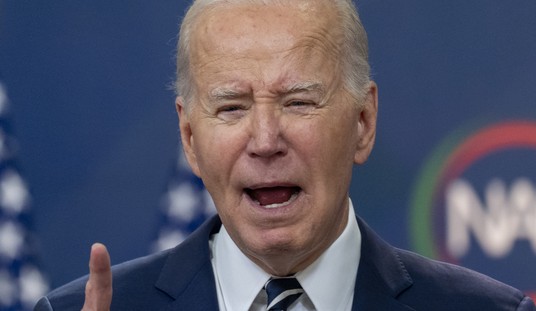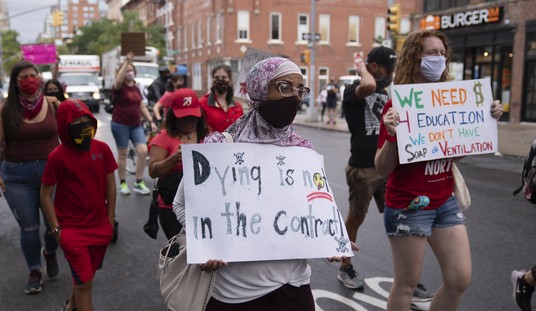When the data showed a decline in teen pregnancies, teen abortions, and teen sexual activity, the mainstream media barely noticed. Almost nobody heralded that landmark accomplishment which coincided with more widespread abstinence programs in schools and community programs. However, now that the National Center for Health Statistics of the Centers for Disease Control and Prevention (CDC) has reported a slight increase in teen births, it is making headlines.
Let’s get one thing straight at the outset: the increase in teen births was primarily in the 18- to 19- year-old group — in other words, primarily college students who have entered an alcohol-and-hook-up saturated environment where only the strong can stand up against the peer pressure, rampant promiscuity, co-ed dorms, and anything-goes culture. It brings me no satisfaction to make that point; these 18- to 19-year-old young women are still teens, and their well-being is just as threatened by pregnancy and STDs from promiscuous, too-early sexual activity as it is with the younger teens. Nonetheless, the images most formed in people’s minds when they think of teen pregnancy are of 14- to 16-year-old high school girls.

Is the rising popularity of teen pregnancy any wonder? The media is trumpeting the notion that out-of-wedlock births are all the rage these days. The stories and images targeted to impressionable teens that are being broadcast through various mass media are shaped in ways that glorify the idea and simplify the issues surrounding the pregnancy of a young teenaged girl.
A new family-time show on ABC promises to depict “a new kind of family.” The soap opera-type show called “The Secret Life of the American Teenager” averages an astounding 3.5 million viewers. The program features a 15-year-old high school student who discovers that she is pregnant. Supposedly, the drama gives the audience an opportunity to glimpse the trauma as a young, middle-class girl deals with her surprise pregnancy. A California media professor praised the show for breaking stereotypes and claimed, “It can happen to anyone.” Oh? Not exactly. Only a girl who has engaged in sex can get pregnant.
Recommended
A major goal, said one critic, is to show that pregnancy does not just happen to the “slutty girls,” though it is hard to say in today’s world of rampant casual sex what is considered “slutty.” Media programmers cited Bristol Palin and Jamie Lynn Spears as examples of the range of socio-economic backgrounds of teenaged girls who become pregnant.
The ABC show actual traffics in its own set of stereotypes. The fairy tale pregnancy is depicted through predictably rose-colored glasses by glossing over the realities of teen pregnancy. And the glamour treatment of teen pregnancy in the media fails to address the complexity of handling the details of school, pregnancy, finances, and paperwork. If you believe the media depiction, pregnancy consists of cute little outfits, adolescent figures still intact with nothing more than an adorable “baby bump,” all the details fall into place magically, and the result is a blissful little mother whose lifestyle isn’t marred by 3 a.m. feedings or colic. No, all her friends look on her experience with envy and wide-eyed awe at her sudden emergence into adulthood; the teen continues on with her life the same in all respects, except for the added joy in the end of a beautiful, gurgling baby that she adores and everyone else admires.
The reality is that unmarried teen pregnancy is a sad event. Sarah Palin poignantly wrote of her daughter’s situation: Pregnancy makes a teen grow up too fast; the road ahead for a pregnant teen is a very difficult and hard path. Parents today face enough obstacles in trying to teach their kids about consequences without television presenting a mythical, sugar-coated treatment of a serious subject like teenage sex. One could be excused for thinking that the media is pruriently pushing teen sex; after all, we rarely see positive treatments of families, of people who have deep faith that affects their behavior, or of adults who live out the traditional Judeo-Christian values.
We need to face some negative facts: One widely publicized study reported that girls, on average, lose their virginity at age 15, and over half of them use no contraception. They left the impression that “everyone is doing it, so all teens should join right in.” Another study reported that virginity pledges don’t work. That study actually compared religious teenagers who took the pledge with religious teens who didn’t, rather than comparing religious teens who took the pledge with non-religious teens who didn’t — quite a distortion! So the media went crazy over a finding based on an erroneous comparison.
Little attention has been paid to an analysis of the study by Dr. Bernadine Healy, health editor of U.S. News and World Report, who was formerly head of the National Institutes of Health and the American Red Cross. Dr. Healy accurately pointed out that it was the religious commitment of a teen, rather than the abstinence pledge alone, that made the difference in teen sexual behavior.
One can only wonder why so many adults seem determined to undermine abstinence efforts and are unwilling to help our teenagers find a path toward a healthy and promising future. You have to wonder why a respected, peer-reviewed journal chose to published an article based on such an obviously flawed methodology.
But there are also some positive facts that the media has no interest in publicizing: Highly religious teens engage in sex at an older age than their peers; in fact, they generally wait until after the teen years to begin sexual activity — studies indicate that religious teens begin sex at 21 years of age and non-religious ones at 17. A girl with a positive relationship with her father is less likely to engage in teen sex. In other words, family structure, family interaction, and a family’s faith have dramatic influence on a teen’s behavior.
Why do we not have popular programs geared toward impressionable teens that portray authentic religious faith and strong families in a positive light?
How sad that American pop culture — television, movies, and the Internet — actively undermine those influences that would encourage teens to greater well-being. How sad that in the media innocence is scorned and our teens are engulfed in a polluted culture that encourages them to question traditional values, kick aside Judeo-Christian beliefs, and lose their virginity as soon as possible.
Little wonder the streams of American life are turning bitter, when the wells from which they originate are poisoned.

























Join the conversation as a VIP Member